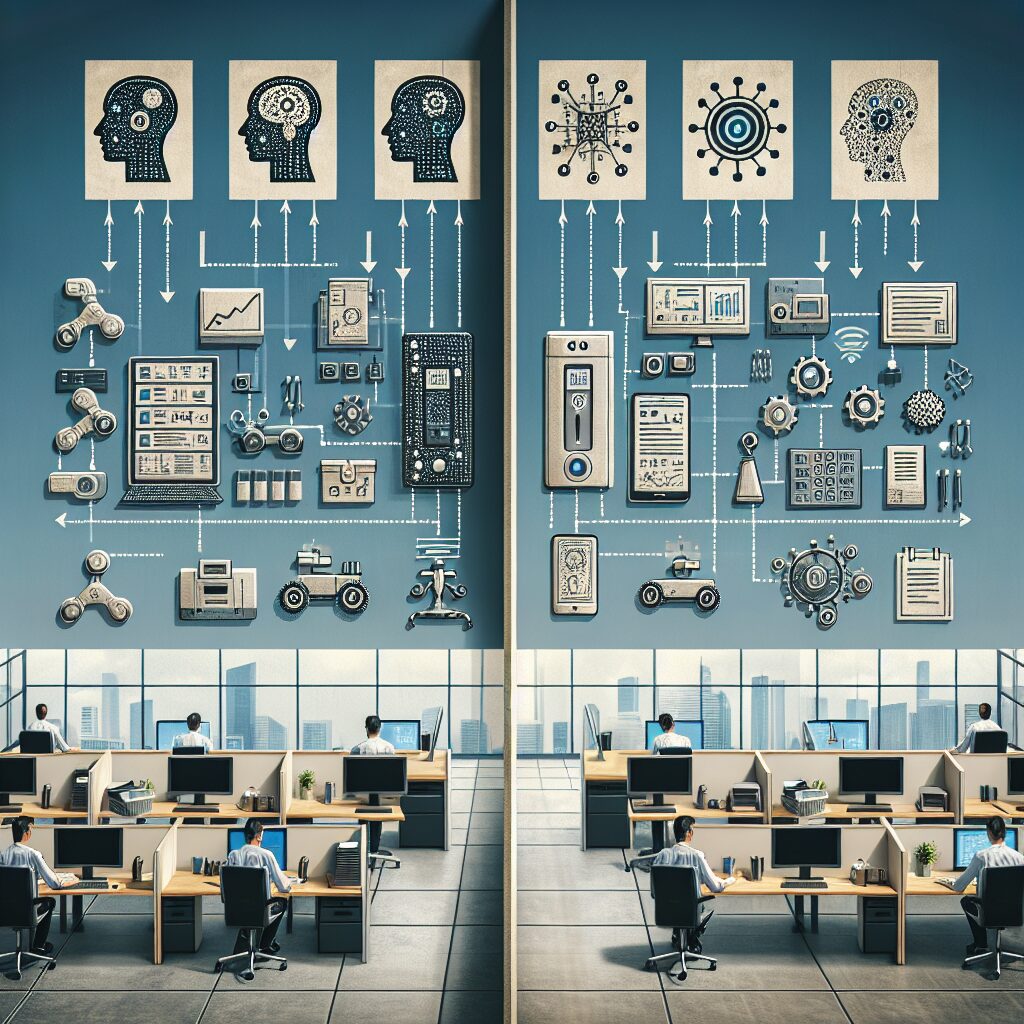
Unlocking Productivity: How AI Automation is Changing the Workplace
Artificial intelligence (AI) is no longer a futuristic fantasy; it’s a tangible force reshaping the modern workplace. For managers and HR leaders, understanding and strategically implementing AI automation is crucial for boosting productivity, enhancing employee satisfaction, and ultimately, achieving a competitive edge. This isn’t about robots replacing humans; it’s about empowering them to focus on the tasks that truly require human intellect, creativity, and emotional intelligence.
The most immediate impact of AI automation is the streamlining of repetitive tasks. These tasks, often mundane and time-consuming, can drain employee morale and divert focus from more strategic initiatives. Consider data entry, a ubiquitous chore across countless industries. AI-powered Optical Character Recognition (OCR) software can now automatically extract information from scanned documents, invoices, and other sources, feeding it directly into databases. This eliminates the need for manual data input, freeing up administrative staff to handle more complex customer service inquiries or contribute to process improvement projects.
Similarly, in customer service, AI chatbots are becoming increasingly sophisticated. These virtual assistants can handle a large volume of routine inquiries, providing instant support and freeing up human agents to address more complex issues that require empathy and nuanced problem-solving. The 24/7 availability of chatbots also ensures that customers receive immediate assistance, regardless of time zones or staffing constraints, contributing to improved customer satisfaction.
Beyond simply automating individual tasks, AI is revolutionizing workflows and processes. Robotic Process Automation (RPA) utilizes software robots to automate repetitive, rule-based business processes across multiple systems. For instance, RPA can automate the entire process of onboarding a new employee, from gathering necessary paperwork to setting up accounts and granting access to relevant systems. This not only speeds up the onboarding process but also minimizes errors and ensures compliance with company policies.
In the manufacturing sector, AI-powered predictive maintenance is transforming how factories operate. By analyzing data from sensors and equipment, AI algorithms can identify potential equipment failures before they occur, allowing for proactive maintenance and preventing costly downtime. This not only reduces maintenance costs but also optimizes production schedules and improves overall efficiency. The same principles apply in logistics, where AI can optimize delivery routes, predict demand fluctuations, and manage inventory levels, leading to significant cost savings and improved supply chain performance.
The benefits of AI automation extend far beyond cost reduction and efficiency gains. By freeing employees from tedious tasks, AI empowers them to focus on higher-value work that leverages their unique skills and expertise. This can lead to increased job satisfaction, improved employee retention, and a more engaged workforce. For example, a marketing team might use AI-powered tools to automate social media scheduling and content curation, freeing up marketers to focus on developing creative campaigns and analyzing marketing performance.
However, successfully implementing AI automation requires a thoughtful and strategic approach. It’s crucial to identify the right processes to automate, invest in the appropriate AI tools, and provide adequate training to employees. Resistance to change is a common hurdle, and it’s important to communicate clearly the benefits of AI automation and emphasize that it’s not about replacing jobs but about enhancing them.
Furthermore, ethical considerations are paramount. AI algorithms are only as good as the data they are trained on, and biased data can lead to discriminatory outcomes. It’s crucial to ensure that AI systems are fair, transparent, and accountable, and that they are used in a way that respects human rights and privacy. HR leaders should play a key role in developing ethical guidelines for AI implementation and ensuring that employees are trained on these guidelines.
Another key aspect of successful AI implementation is fostering a culture of continuous learning. As AI technology continues to evolve, employees need to be equipped with the skills and knowledge necessary to adapt and thrive in the new workplace. This may involve providing training on AI concepts, programming languages, or data analytics. Companies should also encourage experimentation and innovation, allowing employees to explore new ways to leverage AI to improve their work.
Finally, it is vital to accurately understand the terminology and concepts that are prevalent in today’s AI-driven business climate. Misunderstandings and confusion can significantly hinder effective communication and decision-making regarding AI initiatives.
Want to stay ahead of the curve and ensure your team is equipped to navigate the rapidly evolving world of AI? Invest in your knowledge base with The AI Business Dictionary: 200 Must-Know Words, Phrases, and Definitions. This comprehensive resource provides clear and concise explanations of essential AI terminology, empowering you and your team to confidently discuss, plan, and implement AI solutions. Purchase your copy today at https://shop.mymobilelyfe.com/product/the-ai-business-dictionary-200-must-know-words-phrases-and-definitions/ and unlock the full potential of AI automation within your organization.





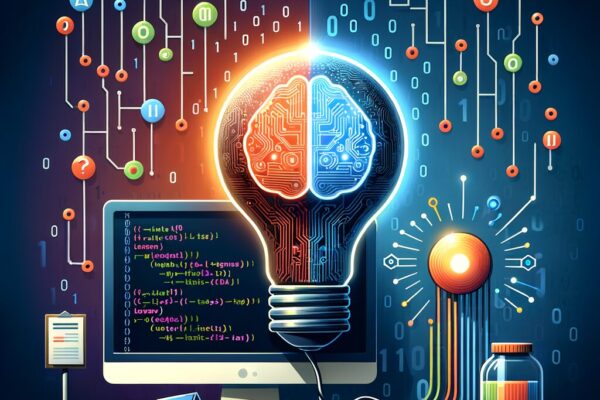


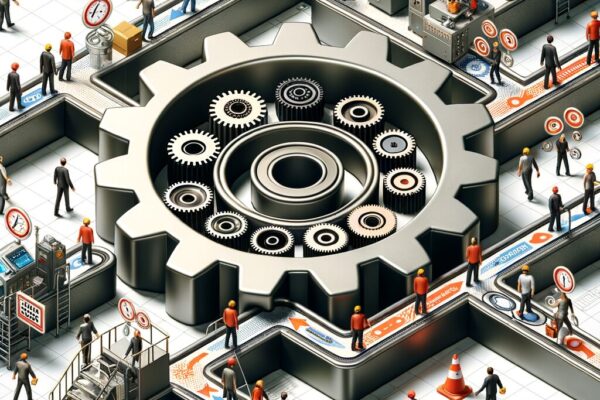

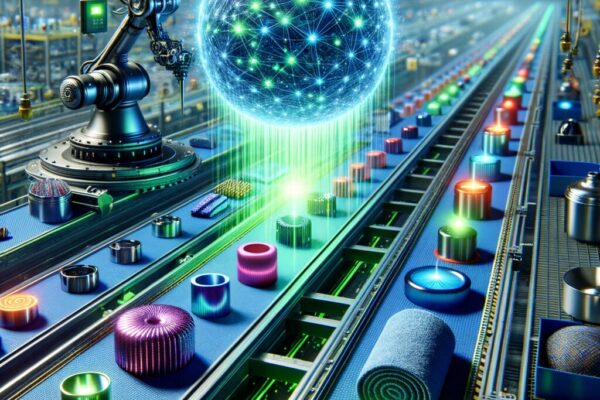


















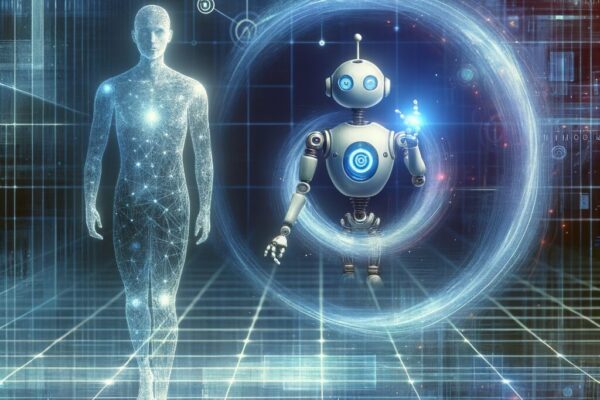


















































































































































Recent Comments